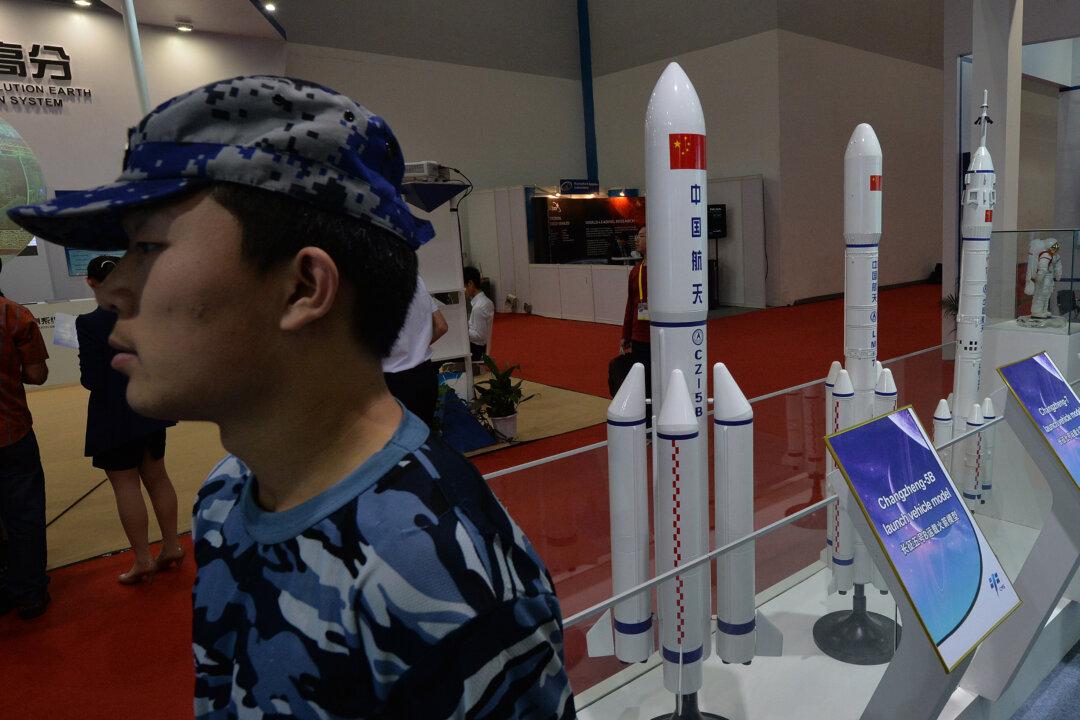Commentary
A competitor is someone with whom you play a game of tennis. Or, someone who makes a widget just like yours that you both try to sell to the same client, who wants to buy just one. After a competition, you relax over beers and laugh about the game. President Joe Biden infamously called China a “competitor” rather than an enemy during the 2020 electioneering. He misled America.





